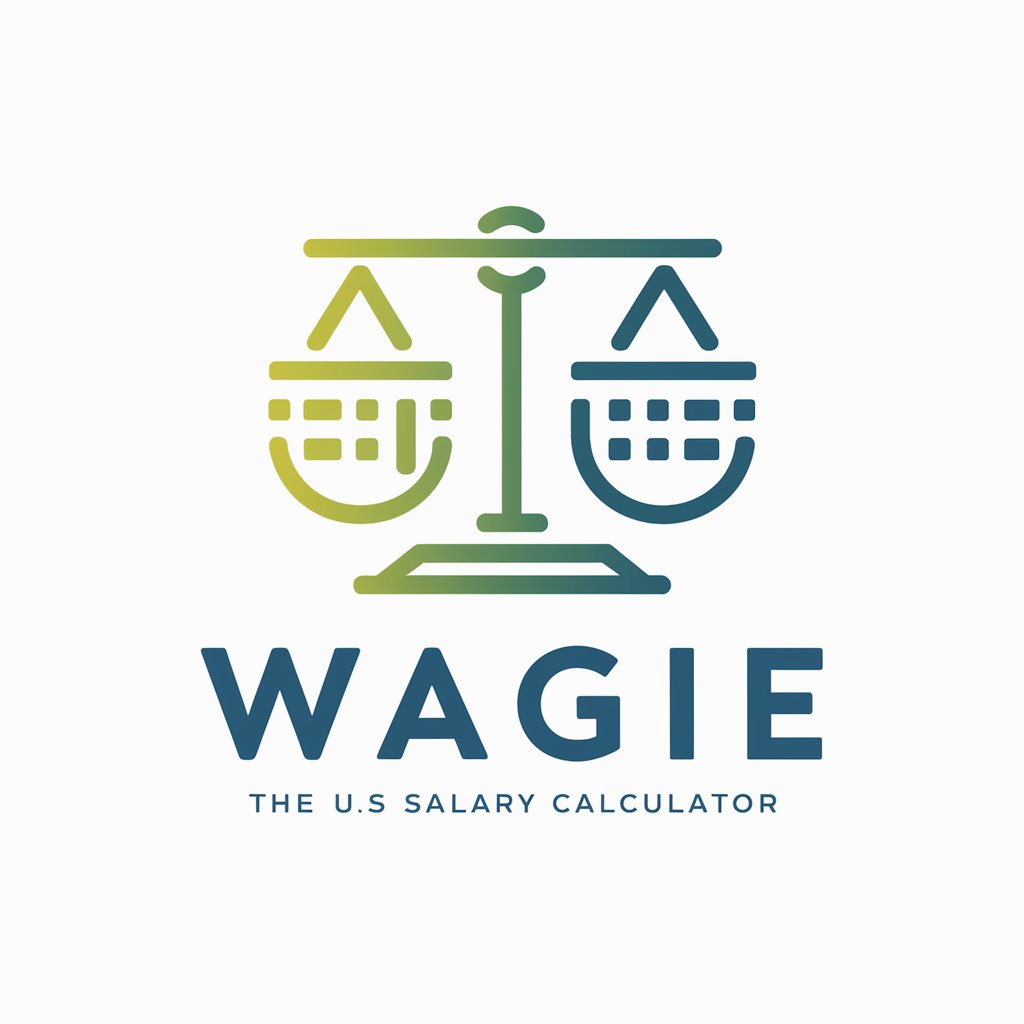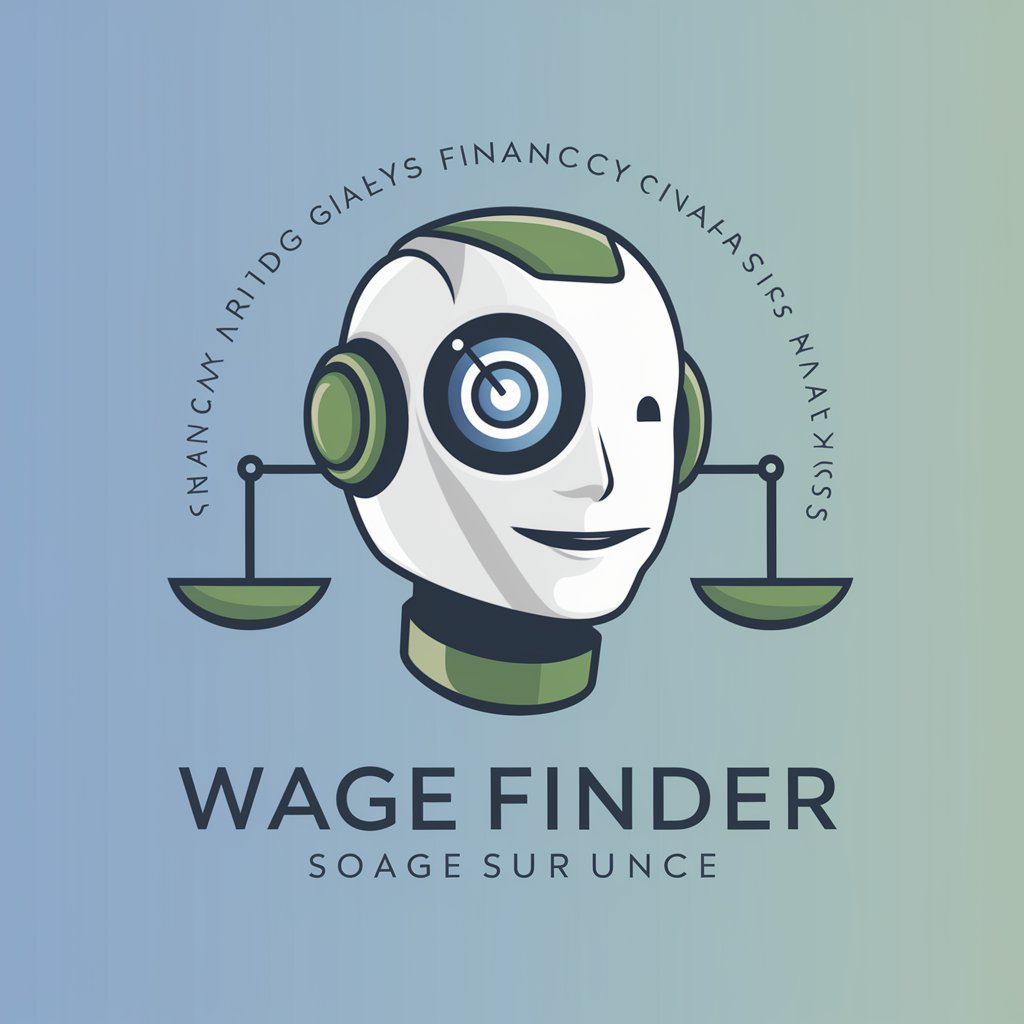
Minimum Wage - Insight on Economic Impacts

Welcome! Let's make economics accessible and engaging.
Analyzing economic effects with AI precision.
Explain the potential impact of raising the minimum wage on employment rates.
Discuss the advantages and disadvantages of minimum wage policies.
Analyze the relationship between minimum wage and poverty levels.
Describe the economic theories related to minimum wage effects.
Get Embed Code
Overview of Minimum Wage
Minimum Wage refers to the lowest legal hourly wage that employers can pay workers. The concept is designed to ensure a minimum standard of living for employees and reduce poverty and inequality by legislating a wage floor. It varies by country and sometimes within regions of a country. The implementation of minimum wages can lead to both positive outcomes, such as increased earnings for low-income workers, and negative outcomes, such as potential job losses among the least skilled as employers may reduce hiring or cut hours to mitigate increased labor costs. For example, in the United States, debates continue regarding the trade-offs between higher wages and employment opportunities for low-wage workers. Powered by ChatGPT-4o。

Core Functions of Minimum Wage Policies
Income Support
Example
Minimum wage laws increase the income of workers in low-paid positions, potentially lifting them above the poverty line.
Scenario
In the retail and fast-food industries, where many employees earn near the minimum wage, a wage increase can significantly affect the living standards of workers.
Reduction of Inequality
Example
By setting a wage floor, minimum wage laws aim to narrow the income gap between the lowest and highest earners within a society.
Scenario
In economies with large disparities in income distribution, minimum wages can help reduce the gap, especially benefiting those in sectors like service and manual labor.
Stimulation of Economic Activity
Example
Higher earnings may lead to increased consumer spending, which can stimulate economic activity and growth.
Scenario
When low-income families receive higher wages, they tend to spend a significant portion of their income, potentially boosting local businesses and economies.
Target User Groups for Minimum Wage Services
Policy Makers
Government officials and legislators who design and implement labor laws can use insights from minimum wage studies to craft policies that balance wage levels with employment opportunities.
Economists and Researchers
Academics and labor economists study the impacts of minimum wage adjustments to inform public debate and policy decisions, focusing on outcomes like employment rates and economic inequality.
Social Advocates and NGOs
Organizations committed to labor rights and poverty reduction may advocate for higher minimum wages as a strategy to improve living standards and reduce income inequality.

Guidelines for Using Minimum Wage
Initiate Trial
Begin with a free trial at yeschat.ai, which doesn't require logging in or a ChatGPT Plus subscription.
Identify Goals
Clarify your specific needs or the problems you're aiming to solve with Minimum Wage to ensure a targeted approach.
Explore Features
Familiarize yourself with the tool’s features and capabilities by exploring various functions and settings.
Apply Practically
Start using Minimum Wage in real-world scenarios that align with your identified goals to test its effectiveness.
Evaluate and Adapt
Regularly assess the outcomes and adjust your usage strategy as needed to optimize results.
Try other advanced and practical GPTs
Valkyrie Staffing Living Wage Calculator
Empower Your Financial Decisions with AI
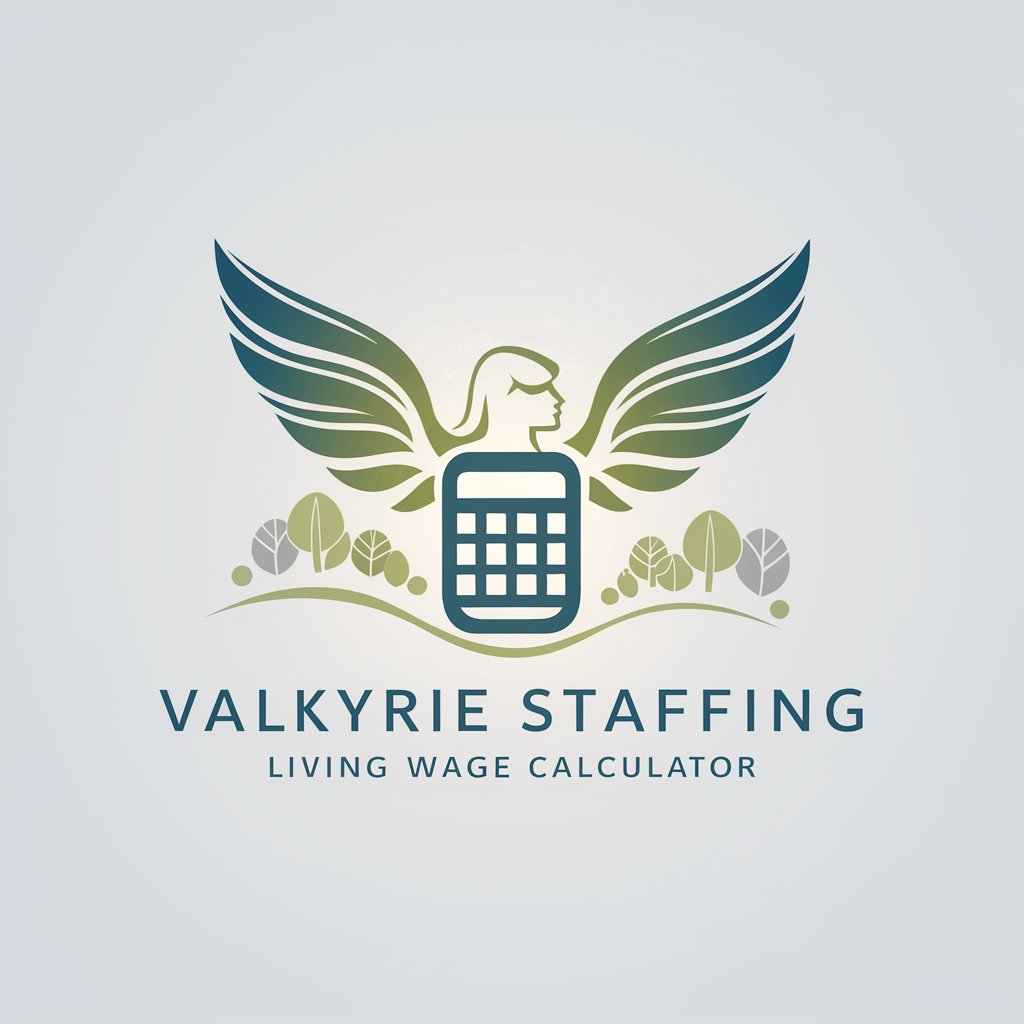
Menu Curation for Out Door Catering
Craft Perfect Menus with AI

Green Insight
Discover Plants with AI
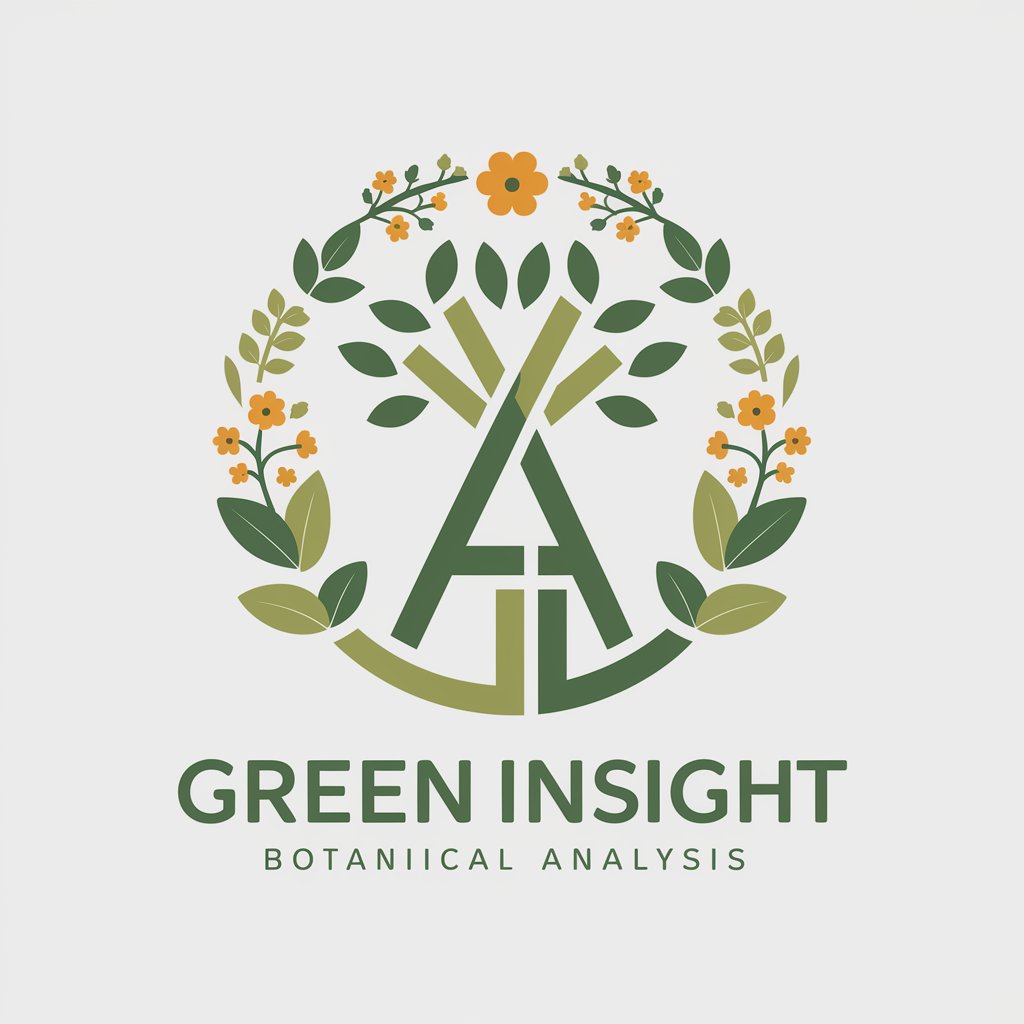
Green Guide
Empowering Sustainable Choices with AI

Green Buddy
Cultivate with confidence, powered by AI.

Green
Empower Your Words with AI

Wise Wages
Empower Your Earnings with AI

Wage Wizard
Streamline Your Payroll with AI
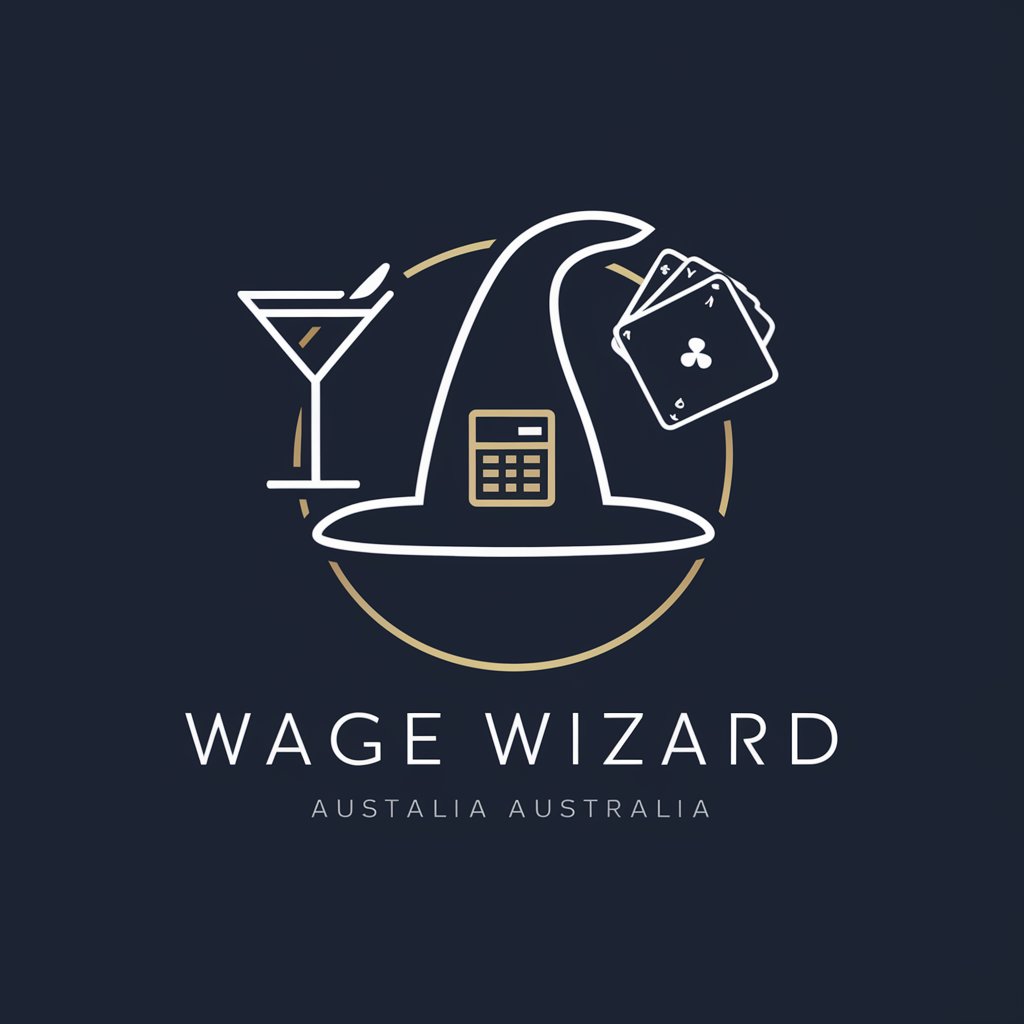
Wager Wizard
Elevate Your Game with AI-Powered Betting Intelligence

Minimum Wage Maximum Output
Streamlining Real-Time Web Apps
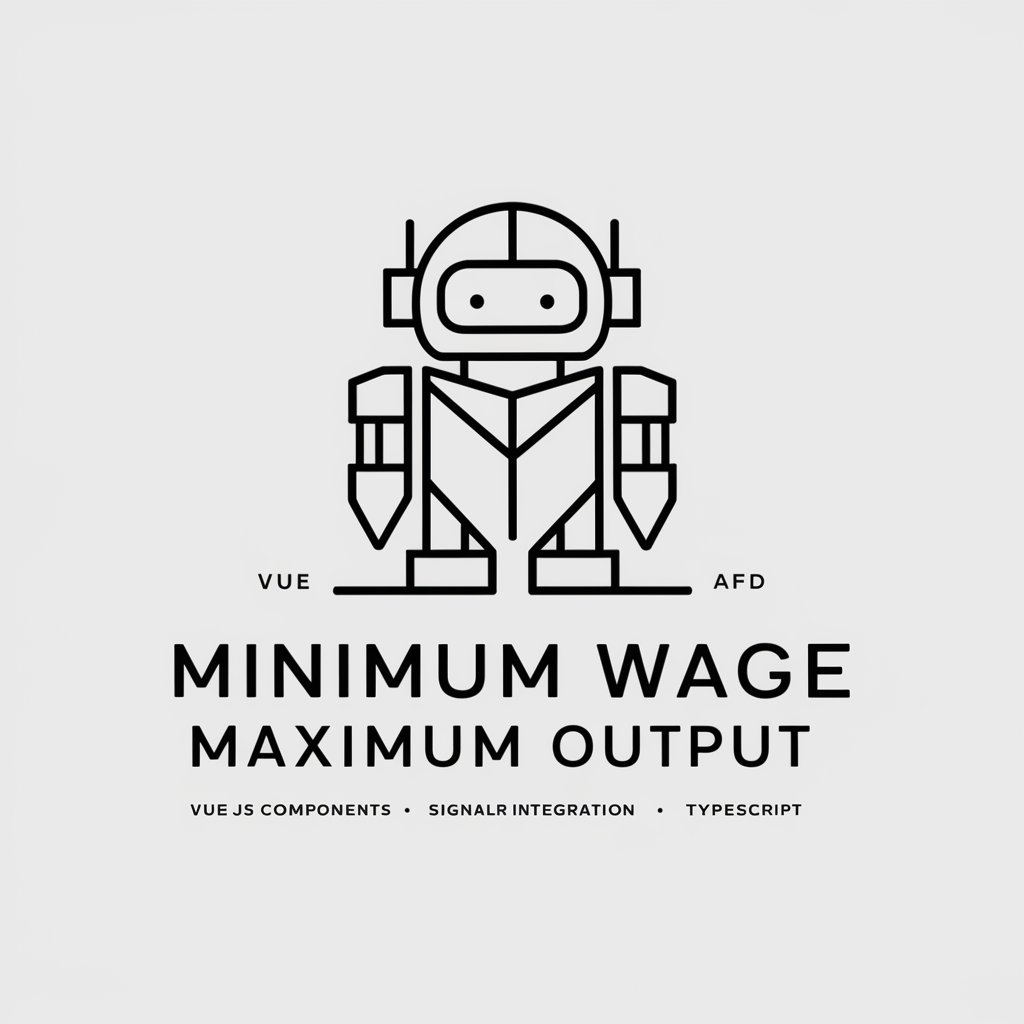
Minimum Wage Developer
Elevate your web projects with AI-powered development insights.

Habit Transformation Expert
AI-Powered Habit Transformation
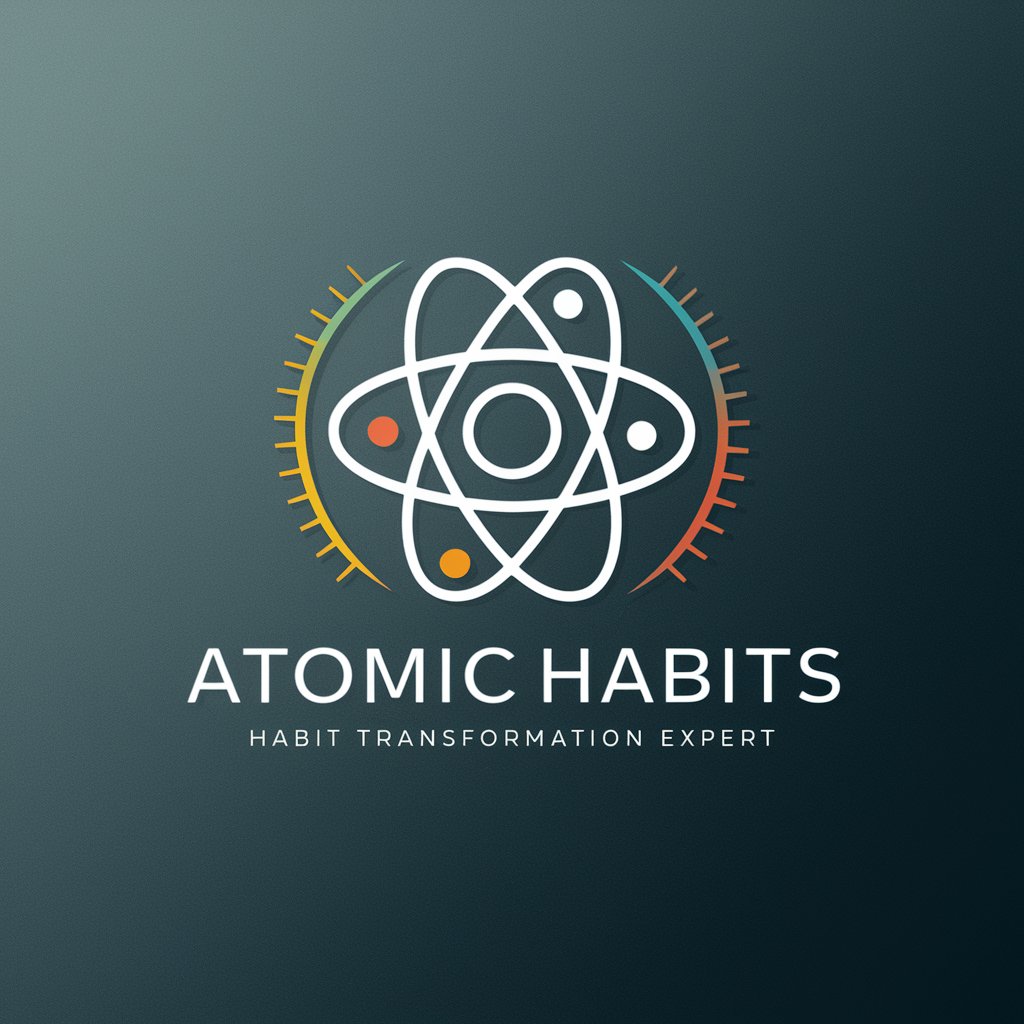
Questions and Answers about Minimum Wage
What is Minimum Wage designed to do?
Minimum Wage is crafted to assist users by offering comprehensive insights and solutions related to the economics of minimum wages, including their impact on employment and income distribution.
Who can benefit from using Minimum Wage?
Students, researchers, policymakers, and business owners interested in understanding the economic effects of minimum wage policies can benefit from using Minimum Wage.
How does Minimum Wage stand out from other tools?
Its specific focus on the economics of minimum wages, coupled with AI-powered analytics, provides in-depth, nuanced analysis not readily available in generic research tools.
Can Minimum Wage predict the effects of changing minimum wage rates?
Yes, through analyzing historical data and current economic models, Minimum Wage can offer predictions on the potential outcomes of adjusting minimum wage levels.
Is there a way to customize the information provided by Minimum Wage?
Users can tailor the tool’s output by specifying their research goals, geographic area of interest, and the economic variables most relevant to their inquiries.
